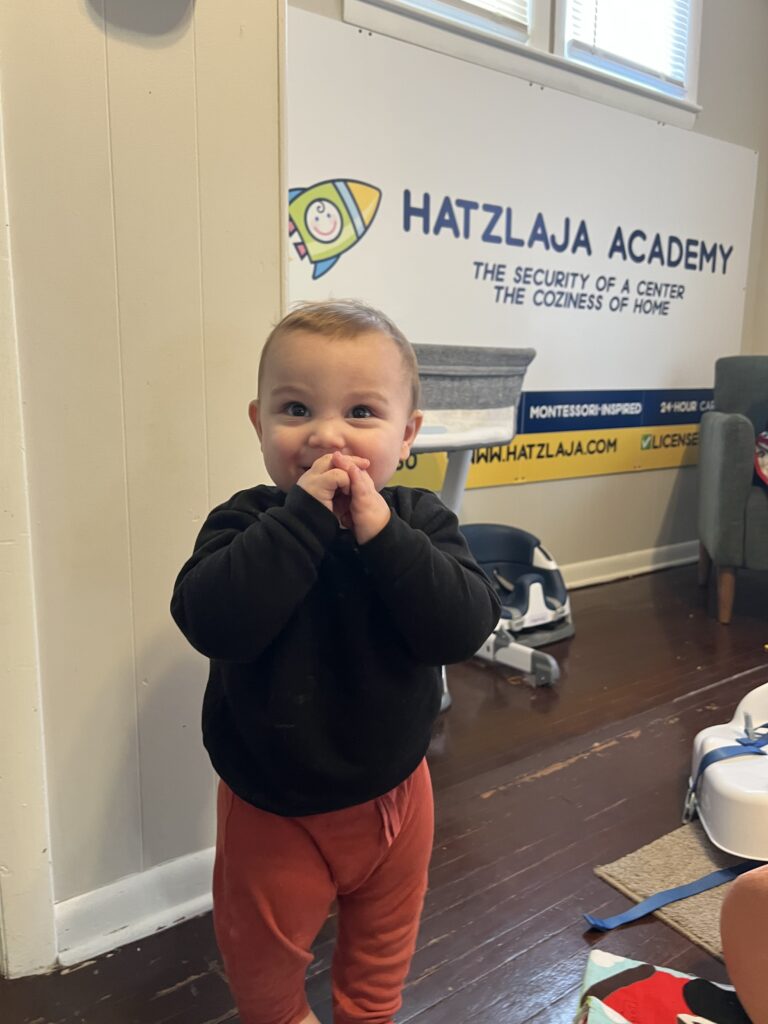Children thrive when they feel valued, capable, and encouraged. One of the most effective ways to shape their behavior and build confidence is through positive reinforcement—recognizing and rewarding desirable behaviors rather than focusing only on mistakes. When used consistently, this approach helps children develop intrinsic motivation, self-discipline, and a strong sense of self-worth.
What is Positive Reinforcement?
Positive reinforcement means rewarding good behavior to encourage it to continue. Instead of relying on punishment for misbehavior, parents and caregivers reinforce the actions they want to see more often. Rewards don’t have to be material things—praise, attention, and privileges are some of the most powerful motivators for children.
For example, instead of saying, “Stop running in the house!”, try “I love how you are walking safely inside!” This shifts the focus to what the child is doing right, making them more likely to repeat the behavior.
Are You Saying “No” Too Often?
Parents often feel like they spend their whole day saying, “No!”, “Stop that!”, or “Don’t do that!” While it’s important to set boundaries, constantly hearing negative commands can frustrate children and make them less likely to listen over time. If a child hears “No” too often, they may tune it out, feel discouraged, or become defiant.
Instead of always saying “No,” try:
✔️ Redirecting their behavior: Offer an appropriate alternative rather than just stopping the action.
✔️ Using positive phrasing: Tell them what they CAN do instead of what they CAN’T.
✔️ Explaining briefly why a rule exists: This helps children understand rather than just obey.
Of course, sometimes a firm “No” is necessary, especially when it involves safety (e.g., running into the street or touching something dangerous). But in daily situations, positive commands work better for long-term learning.
How to Use Positive Reinforcement Effectively
1. Be Specific with Praise
Instead of general praise like, “Good job!”, be specific:
✔️ “I love how you shared your toys with your friend. That was kind!”
✔️ “Thank you for helping clean up! That was very responsible.”
2. Use Non-Material Rewards
✔️ Extra playtime or one-on-one time with a parent
✔️ Choosing a family activity
✔️ A sticker chart for younger kids
✔️ A simple verbal affirmation: “I am so proud of you!”
3. Reinforce Effort, Not Just Results
✔️ “I saw how hard you worked on that puzzle! You didn’t give up.”
✔️ “I love how you kept trying, even when it was tough.”
4. Be Consistent
✔️ Reinforce positive behavior regularly, so children learn what is expected.
Positive Praise Phrases to Use with Your Child
Here are some great alternatives to generic “Good job!” praise:
✔️ “You worked so hard on that! I love your determination.”
✔️ “That was a kind thing to do. You made your friend happy!”
✔️ “I see how carefully you are coloring—your focus is amazing!”
✔️ “You figured it out all by yourself—how smart!”
✔️ “Wow, you stayed calm even when you were upset. That’s really mature.”
✔️ “Thank you for waiting so patiently! That was very respectful.”
✔️ “You put away your toys without me asking—that’s so responsible!”
✔️ “I love seeing how creative you are with your building blocks!”
Praising specific behaviors helps children recognize their strengths and repeat positive actions.
Alternatives to Negative Commands
Instead of telling children what not to do, reframe your request positively. Here are common struggles and how to phrase them more effectively:
| Instead of Saying… | Try Saying… |
| “Don’t run!” | “Use walking feet, please.” |
| “Stop whining!” | “Use your big-kid voice, and I’ll listen.” |
| “Don’t touch that!” | “Let’s use gentle hands.” |
| “Stop yelling!” | “I need you to use a quiet voice inside.” |
| “Don’t throw your toys!” | “Toys stay on the floor. You can throw a ball outside.” |
| “You’re making a mess!” | “Let’s clean up together!” |
| “No hitting!” | “Hands are for helping, not hurting.” |
| “Be quiet!” | “Can you use a whisper voice?” |
| “Don’t grab!” | “Ask your friend if you can have a turn.” |
Why does this work?
✔️ Children respond better to positive language.
✔️ It teaches them what TO do, rather than just stopping a behavior.
✔️ It avoids power struggles and helps build cooperation.
The Long-Term Benefits of Positive Reinforcement
Positive reinforcement doesn’t just shape behavior—it builds character. Children raised with encouragement grow into confident, motivated, and emotionally secure individuals. By focusing on what they do right, we empower them to make good choices, develop self-control, and foster a lifelong love of learning.
Small moments of encouragement today can lead to lifelong habits of kindness, responsibility, and resilience. Start reinforcing the positive, and watch your child thrive!
Positive reinforcement is a powerful tool for parenting. While discipline is necessary, guiding children with encouragement rather than correction alone creates a more peaceful home environment and helps children feel valued. Instead of focusing on what they’re doing wrong, focus on what they’re doing right, and watch their confidence soar!



